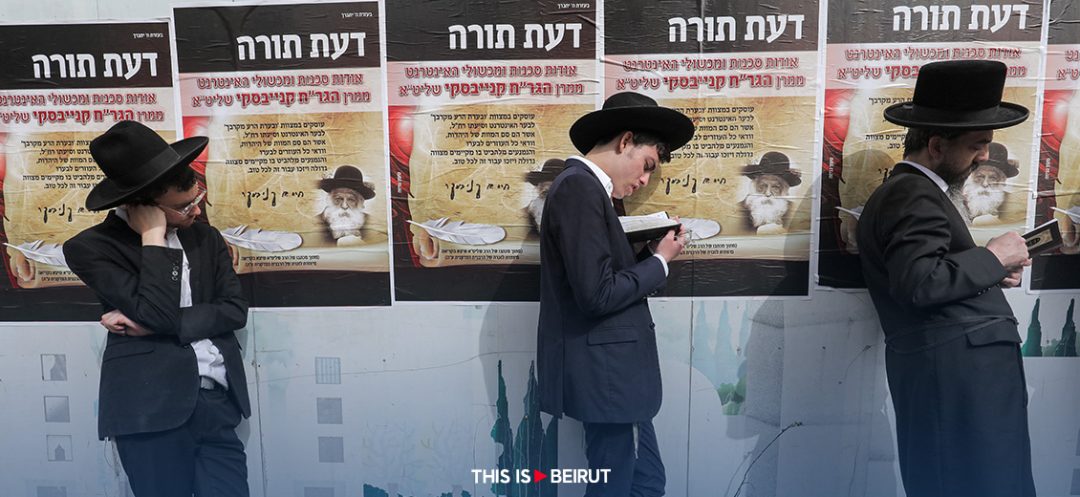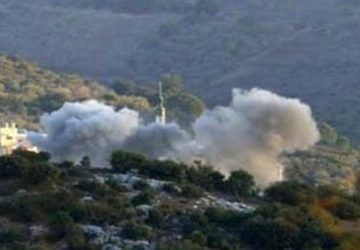When Israeli forces rescued four hostages held by Hamas in Gaza this month, it dominated the news that Saturday, but Jerusalem resident Eliana Gurfinkiel, an observant Jew, didn’t find out until nightfall.
The French-Israeli was following the rules of Shabbat and not using her phone. Hearing the news after everyone else “made no difference”, she said.
In Israel, life typically slows down on the weekly day of rest, but since Hamas’s October 7 attack and with the ongoing war in Gaza, some Shabbat rules have been turned upside down.
The Shabbat begins Friday at sunset and ends on Saturday at nightfall. During that time, strict adherents to Jewish law avoid work or any actions that require energy, such as turning on lights or driving.
While Gurfinkiel waited, others couldn’t, with posts on social media showing some Israelis passing handwritten messages to their practising neighbours to tell them of the rescue.
Not everyone approved, with an ultra-Orthodox website reporting that one man wrote back to his neighbours thanking them but asking them not to repeat what he believed was a sacrilegious act.
‘Bit of stress’
Gurfinkiel said that ever since the Hamas attack on October 7, “there has been a little bit of stress at the end of every Shabbat when we turn our phones back on”.
The Jewish concept of “pikuach nefesh” — “saving a soul” in Hebrew — allows Jews to break the rules of the Shabbat when a life is in danger, according to Yonathan Seror, a rabbi in Tel Aviv.
“If there’s a chance to save a life, we’d rather save it than keep the Shabbat,” he told AFP.
Silent radio
Exact interpretations of Shabbat rules differ, but many ultra-Orthodox families leave their radios switched on and tuned to a station that remains silent except for major alerts.
In the weeks following October 7, Seror advised his congregants to keep their phones on during the Shabbat, but those were “temporary permissions” and no longer apply, he said.
Nevertheless, exceptions to the Shabbat that are not “pikuach nefesh” are happening as the war drags on, said Nitzan Perelman, a sociology doctoral student at Paris Cite University.
Efi, a mother of two soldiers on the frontlines in Gaza who declined to give her last name, said the day of rest had become nerve-racking due to the lack of news.
“Saturdays are the most stressful,” she said. “We don’t use the phone and don’t know what’s going on, but I leave the device on.”
If the device stays mostly silent, she said, “I know everything is fine. Without it, I wouldn’t be able to live on Shabbat.”
For many in Israel, the Shabbat also provides a much-needed break from politics as lawmakers and state officials of all stripes avoid making announcements.
Antoine Boyer, with AFP





